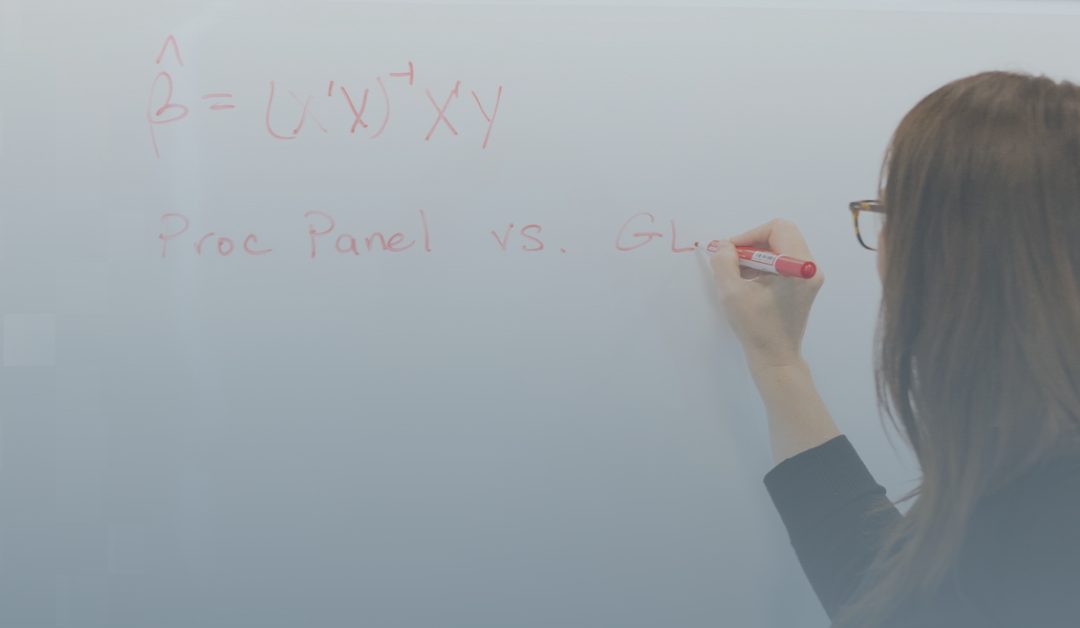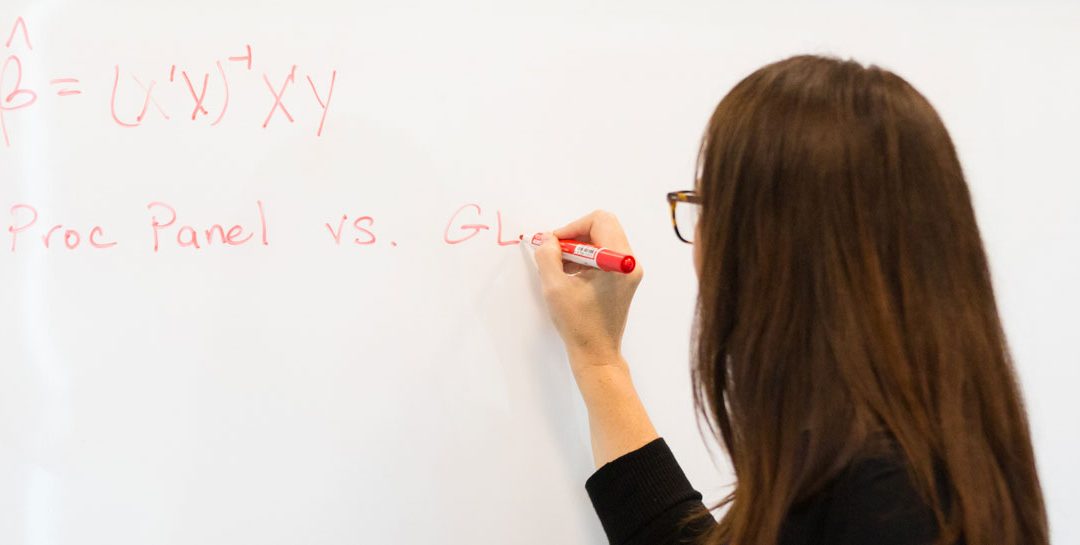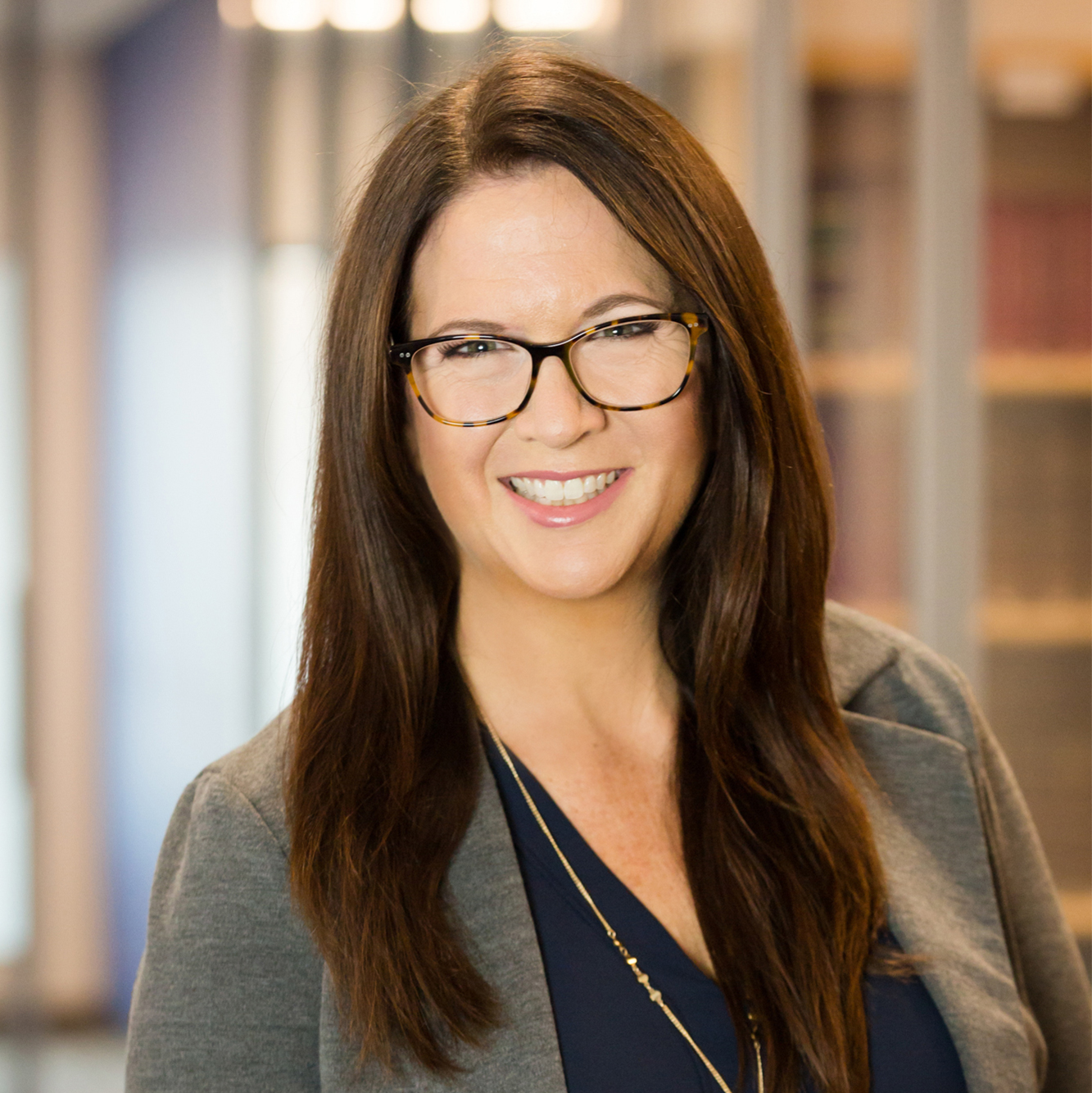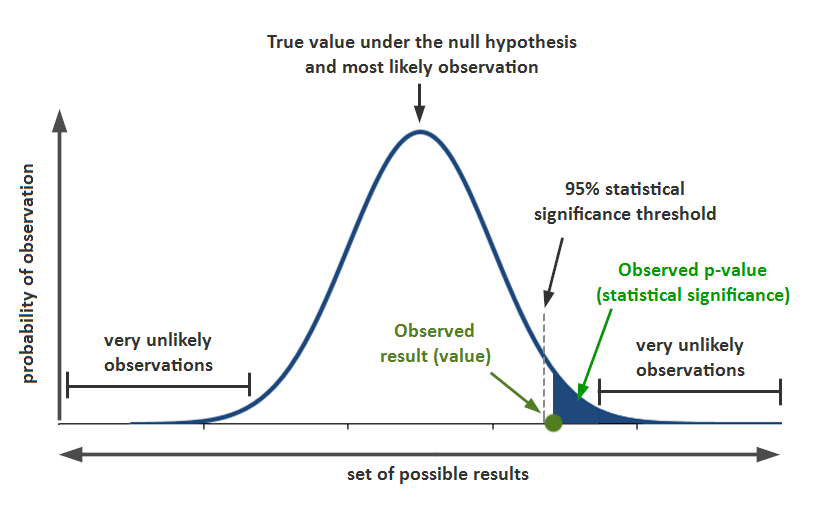Infotech Consulting’s Expert Analysis helps Geico Insurance battle Auto Glass Shops
Florida has a unique auto insurance law that allows those insured to have the windshield of their vehicle repaired or replaced without triggering their deductible. In other words, insured drivers can get their windshield replaced with no out of pocket cost. There are only four other states with this unique provision: Arizona, Kentucky, Massachusetts and South Carolina. This has created a unique market whereby those insured are not involved financially in the transaction, leaving just the insurance company and the auto glass shop. Auto glass shops have the insured assign their benefits to the glass shop upon completion of the installation or repair, which allows the auto glass shop to pursue any litigation against the insurance company without involving the insured.
Why is that important? Why would the auto glass shop need to litigate against the insurance company over a windshield replacement? Because auto glass shops in Florida are claiming insurance companies are not paying the full amount on the invoice. Suit after suit by auto glass shops allege that insurance companies, like GEICO, are underpaying on the invoices for windshield replacements by relying on a reduced retail rate. This issue has increased dramatically with about 400 Assignment of Benefit (AOB) lawsuits filed against multiple auto insurers statewide in 2006 to a peak of about 24,000 in 2017. There was a reduction in the number of cases filed in 2018 and 2019 – with around 17,000 filed each year – but that is still quadruple the number filed a few years back.
In 2018, Infotech was hired by GEICO to analyze GEICO’s windshield replacement prices throughout the state of Florida to determine if GEICO was paying auto glass shops the prevailing competitive price. In GEICO’s auto insurance agreements, there is a limit of liability provision stating, “Although you have the right to choose any repair facility or location, the limit of liability for repair or replacement of such property is the prevailing competitive price, which is the price we can secure from a competent and conveniently located repair facility.” Over the last five years, Dr. Jim McClave has testified in numerous cases that the GEICO transaction data show GEICO was regularly able to secure its price from glass shops throughout Florida.
The crux of these cases come down to whether GEICO pays a prevailing competitive rate for windshield replacement or whether the invoice amount from the glass shops represent the prevailing competitive price. Infotech analyzed over 140,000 GEICO windshield replacement transactions between 2013-2018 involving over 1,200 auto glass shops in Florida. After analyzing the data, Dr. McClave and the Infotech Consulting team determined the claims data reveal GEICO’s payments for windshield replacements are consistent with prevailing competitive prices. In every year of analysis, a majority of glass shops are commonly charging a rate at or near the agreed-upon GEICO price.
Dr. McClave has offered his expert opinion in nearly 100 cases on this issue. In each instance thus far, Dr. McClave and his team have analyzed the invoiced prices submitted by the glass companies for the claims at issue and found that they were out of line with the prevailing competitive price charged in the market. He has testified in multiple depositions and several trials, with the most recent trials last spring. In fact, the GEICO trials in April 2021 represented Infotech’s return from a year-long hiatus of trial appearances due to Covid-19. In the trial on April 13th and 14th of 2021, Superior Auto Glass argued that GEICO did not fully pay Superior’s invoiced amount for a windshield replaced on an insured car in 2015. The jury returned a verdict in favor of the Defense, finding that GEICO paid a prevailing competitive price and that the auto shop had knowledge of the GEICO rate before accepting the work and invoicing GEICO far in excess of that rate.
As Infotech Consulting President Dr. Jamie McClave Baldwin recently said, “When the jury came back with a finding in favor of our client, it confirmed the effectiveness and irreplaceable value of in-person court appearances. How gratifying it was to see our client get a favorable result in a case that has been litigated since 2016 and has gone up and down the appeals circuit.”
Until there is Florida legislative action or higher court authority on this matter, the Infotech Consulting team will continue to provide statistical analysis to this evolving market of litigation.
1 Florida Statute §627.7288 (2021)




 If they drop the statistical significance requirement, do they run the risk of letting in junk science and irrelevant material? Or if they continue the requirement, are they encouraging bad scientific practice, potential false positives, and a myriad of other scientific problems? The answer suggested by the statistics community, and practiced by Infotech since its inception, is that those choices fall into the fallacy of the false dilemma. Neither extreme is right and those extremes are not the only choices. Context is essential; honesty is crucial; and integrity is everything. The statistician is not just a person pressing a magic button that produces mysterious results that only he or she can unlock. Statistics is a toolbox and the statistician is the handywoman.
If they drop the statistical significance requirement, do they run the risk of letting in junk science and irrelevant material? Or if they continue the requirement, are they encouraging bad scientific practice, potential false positives, and a myriad of other scientific problems? The answer suggested by the statistics community, and practiced by Infotech since its inception, is that those choices fall into the fallacy of the false dilemma. Neither extreme is right and those extremes are not the only choices. Context is essential; honesty is crucial; and integrity is everything. The statistician is not just a person pressing a magic button that produces mysterious results that only he or she can unlock. Statistics is a toolbox and the statistician is the handywoman. 